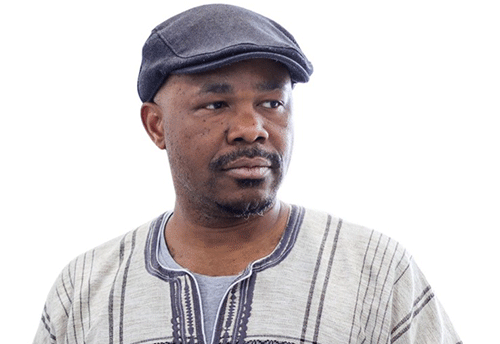Uchendu Eugene Chigbu
Wherever I have been in Africa, one thing is sure about rural areas, the staple food on the breakfast, lunch and dinner tables come from there.
The Bamya (Egypt), injera (Ethiopia), ugali (Kenya), mahangu (Namibia), matoke
(Uganda), garri (Nigeria), and all staples in all African countries are grown and produced in rural areas. All the food needed for alleviating starvation or food security comes from rural areas. All agricultural practices happen in rural areas, or on land taken from rural people. All the forests needed to be saved for climate change mitigation come from rural areas. All the minerals explored for export and economic growth are located on rural land. Most people (voters) needed to win general elections by African governments live in rural areas (more than 50%). Rural areas are the hubs of native cultures or cultural heritage. In a normal world, one would think that these characteristics of rural areas would make them priority places for development. It makes some people feel that there is a conscious effort to
ignore the development of rural areas,
despite their contributions to developing African countries.
The challenge of developing rural areas remains daunting all over Africa. Only passive efforts are put into rural development by governments and other stakeholders. Academics have authored beautiful papers. Students research and hypothesise on the rural subjects. Conferences (including workshops and
seminars) are regularly held on this issue. Promising policies have been developed to improve rural areas. Yet, the living conditions in rural areas continue to decline. Lands in rural areas are regularly grabbed or converted to urban land without the consent of rural people. Some schools in rural Africa teach under Mango trees instead of buildings. In some rural areas, people have no access to healthcare. These continue to perpetuate gaps between rural and urban development.
State of mind
The rural problem has lingered for so long that the state of rural areas reflects the state of mind of our stakeholders in development. These stakeholders include the rural communities (rural people), business corporations, academics and professionals, politicians and government authorities, and civil society organisations
(CSOs) involved in development work. We (all of us), it seems, have developed a pattern of thinking towards rural areas that contributes to why no meaningful actions are taken to improve the living conditions of people in rural areas. This state of mind can be observed in many
ways. For instance, many rural people are stuck
to this mindset that a flight to the city would
solve their socio-economic problems. All over Africa, they continue migrating to cities with the false hope that life will be
better outside their villages. This false hope of expectations partly contributes to the proliferation of informal settlements and urban
poverty. Most politicians fail to consider the heritage status of rural areas in their work. They are addicted to pro-urban policies that enable continuous rural-to-urban migration. They make policies which support profitable companies to site offices in urban areas, and avoid siting their offices in rural areas. Even when politicians consider the rural areas, they focus more on taking rural resources (agricultural produce, forest and mining resources, and political votes) and less on giving back to rural areas.
Our politician
s make several promises to rural people during elections, but nothing happens after elections. CSOs and academics vigorously (and unashamedly) use the rural development
discourse as a clickbait for sourcing funds for development and research projects. Academics have habitually used rural development as a research topic or subject, but do not embrace rural areas as a place of
research. Many professionals are unwilling to
live and work in rural areas. Top business organisations site their offices in urban areas while ignoring rural areas. Over a prolonged period, these development mindsets have led (and continue to result in) the radical neglect of rural development in Africa.
Rural affirmative action
Affirmative action is a policy that seeks to improve the representation and opportunities of groups which are under-represented or disadvantaged in society. Rural people are under-represented in development matters because they live in rural areas (disadvantaged societies).
Improving the deplorable conditions in Africa’s rural areas requires developing a new state of mind for rural development. It requires considering spatial justice in the development of rural and urban areas.
Just as we consider gender equality (between men and women) in policy implementation matters, we must also consider the equality of urban and rural areas in development. It should not be any different from our operation of affirmative action.
This is the only way not to leave the rural areas behind in countries’ development agendas. It means considering rural people as equal partners in the development process. It also means taking and giving equally to the rural and urban. The current trend of taking from
the rural to sustain the urban is unsustainable.
* Uchendu Eugene Chigbu is an Associate Professor (Land Administration) at the Namibia University of Science and Technology (NUST). He is the Coordinator of the Network of Excellence on Land Governance in Africa (NELGA). Views expressed in this article are entirely his, and not those of NUST and NELGA.


